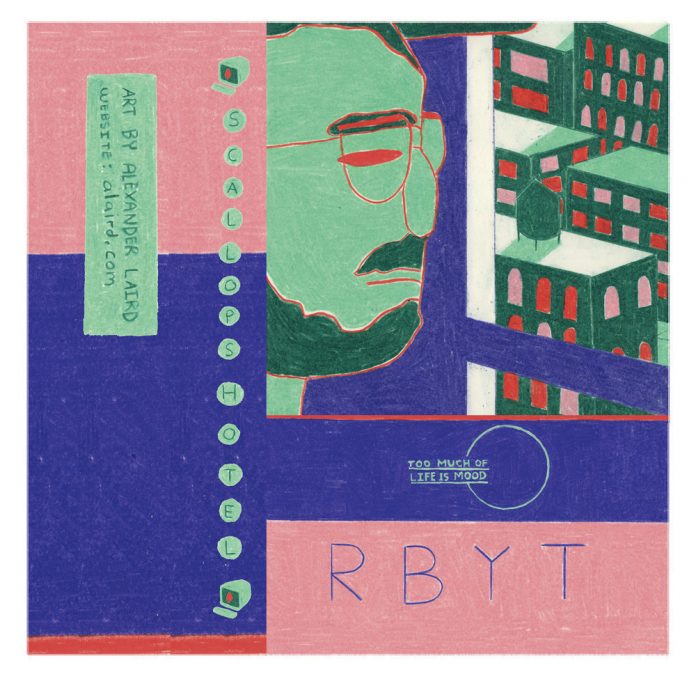Kyle Roe
Arts and Entertainment Editor
too much of life is mood – Scallops Hotel
Scallops Hotel is just the newest name that the word-bending, self-proclaimed “rapsmith” Milo, born Rory Ferreira, has made a home for himself in, proclaiming, “Scallops Hotel is the building,” repeatedly throughout the album. too much of life is mood is his third album released under the new alias, and can be found on his Bandcamp page in the form of a full 40-minute song, albeit split into untimed tracks in the description below. His forthright style of rapping remains essentially the same (“I try to be humble/Succeed at being average”), his rhymes transcending from lyrical into literary with a dizzying array of references from Friedrich Hegel to Pablo Neruda (“The kid is bona fide/Ralph Ellison’s Reinhardt personified”). All over are various spacey, mid-tempo lounge jazz backdrops, sometimes fragmented by robotic, glitchy modulations, reminding listeners that each song is just more artificial information inviting itself into their senses.
Telefone – Noname
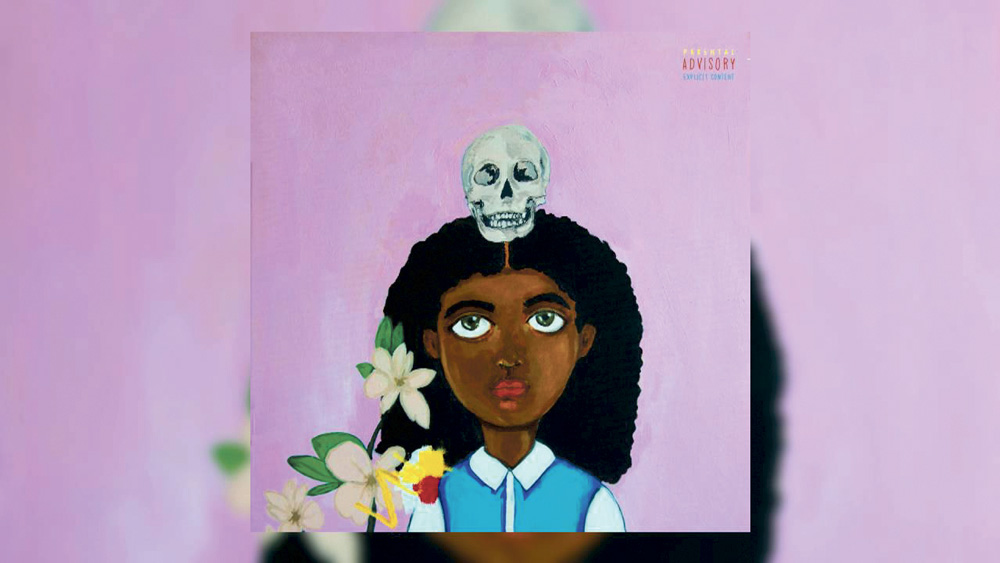
Standout Chicago rapper Noname’s debut mixtape, Telefone, was released exclusively on Soundcloud this July. It switches back and forth between hip-hop and R&B effortlessly in a bright, atmospheric haze of keyboards and gospel choruses. Her musical style touches on her roots in the Windy City, sounding similar to College Dropout-era Kanye or Chance the Rapper’s Coloring Book, not to mention that Telefone’s roster is chock-full of Chicago natives. These include the singer Phoelix and rappers Saba and Smino on the track “Shadow Man,” where Phoelix sweetly repeats, “Bless the nightingale/Darkness keep you well,” before reminding her audience that “If you fall down/Don’t forget to stand up.” Sometimes her instrumentals sound like chopped, downbeat-heavy snippets of jazz, embellished with thick neo-soul harmonies, like on “Sunny Duet,” but Telefone always keeps it consistently interesting and relatable, a tribute to local music that reaches out to a much wider audience.
Skiptracing – Mild High Club
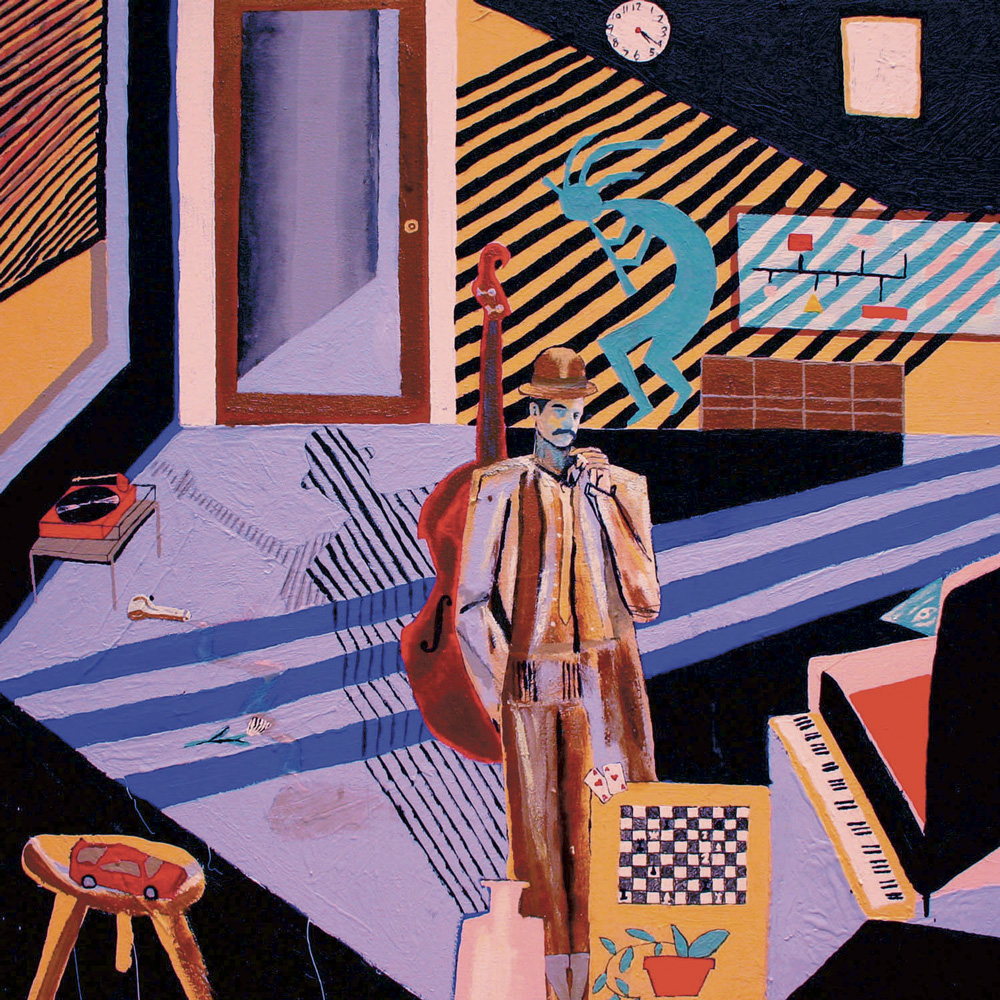
Letting your mind float along in Alexander Brettin’s haze of cluttered hypnagogic psychedelia is an overwhelmingly pleasant experience. Each song flows effortlessly into the next, almost without realizing it’s doing so, celebrating music’s idyllic, numbing qualities when singing with heart-wrenching sincerity (“Music touches me/When you choose it keep shuffling/Because tuneage beats suffering”). The diversity of style on Skiptracing is breathtaking. One minute you’re nodding along to the dreary-eyed, understated funk of “Tessellation” and the next moment the album takes a turn into the psychedelic flamenco of “Head Out,” accented by breezy, vibe-like keyboards and lo-fi saxophone harmonies straight out of New Orleans. Halfway through, it rises into crash cymbal-soaked, schizophrenic shambles before peacefully coming back together.
Freetown Sound – Blood Orange
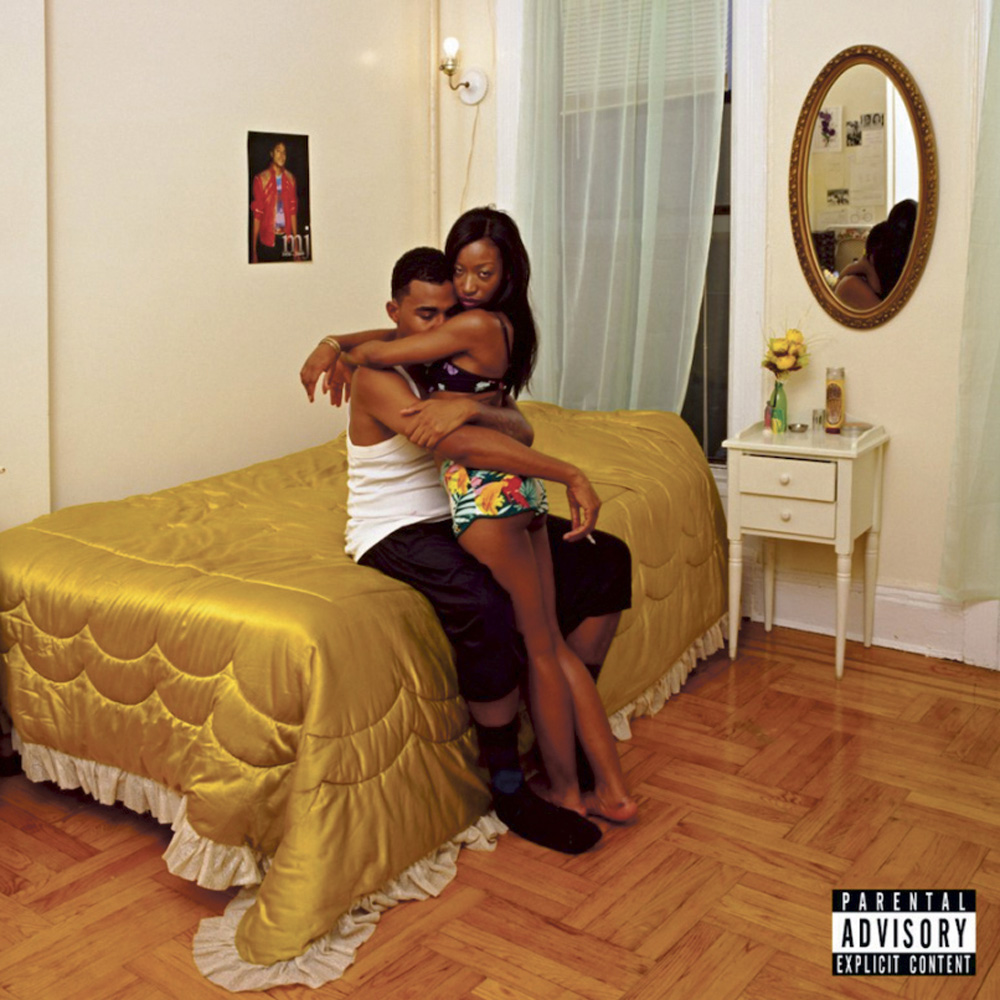
Devonté “Dev” Hynes’ newest release under the moniker Blood Orange is a compassionate and sensual journey into his emotions surrounding relationships, the societal restrictions placed on black men internationally, and discrimination toward underrepresented groups he is not a part of, particularly women. Songs like “Hands Up” fade out to recorded sounds of “Hands up, don’t shoot!” chanted by protestors after the killing Michael Brown in 2014 by a Ferguson, Missouri police officer, leading into the chorus of “Hadron Collider,” where he opines, “A thousand halos in the sky/But we’re far from heaven.” All this is textured over with smokey synths and house-style drums straight off an ‘80s dance floor, especially poignant on the funk-overloaded “E.V.P.,” and inspired by African rock bands like the Funkees. Out of all the grievances aired on Freetown Sound, the most specific is as mysterious as it is personal, embodied in Hynes’ pleading, oft-repeated chant of, “You chose to fade away with him/I chose to try and let you in,” helping unite the album’s hefty 17 tracks into one, astronomical whole.
IV – BADBADNOTGOOD
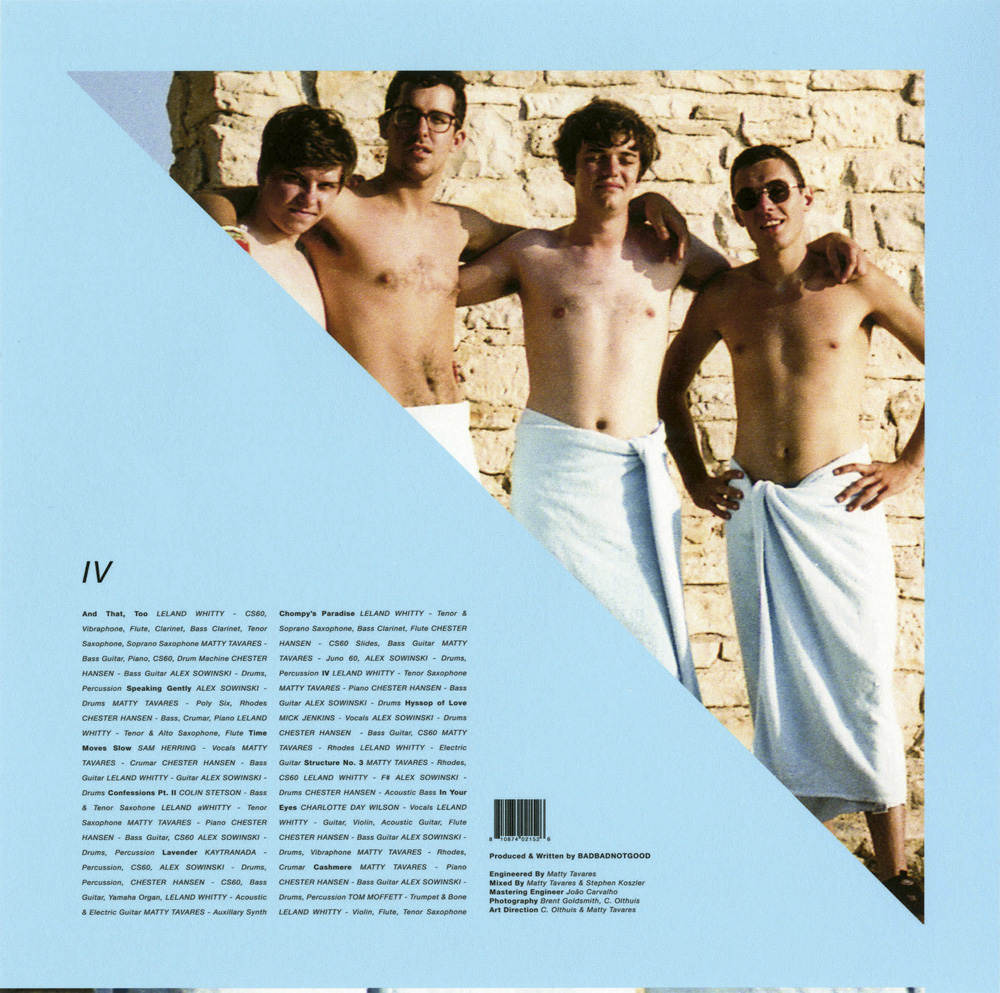
Post-bop rock stars BADBADNOTGOOD’s IV boasts a sleek new sound, no doubt related to the inclusion of sax player and longtime collaborator Leland Whitty to their roster, and aided by Matthew A. Tavares stretching beyond his comfort zone of plain-sounding piano tones into more funky and experimental territory. The album is chock full of guest appearances from hipster sweethearts. On “Hyssop of Love,” Mick Jenkins raps “I heard your plug was dry/And I think I got what you need/I might be your guy/No this ain’t no weed/Different type of high,” talking about music of course, over swirling, yet controlled, psychedelic keyboards. Sam Herring of Future Islands emanates rough-hewn loneliness on “Time Moves Slow,” and Colin Stetson’s bass saxophone parts groove chaotically with Alexander Sowinski’s drums on “Confessions Pt. II.” “And That, Too” has a futuristic, Moondog vibe, with Whitty’s harmonized sax lines combining delay-soaked drums and keyboards from Sowinski and Tavares, almost sounding like a stripped-down modern classical orchestra in the process. BBNG’s new sound and greater album-wide cohesion is a sign of maturity in modern music’s most boyish jazz ensemble.











